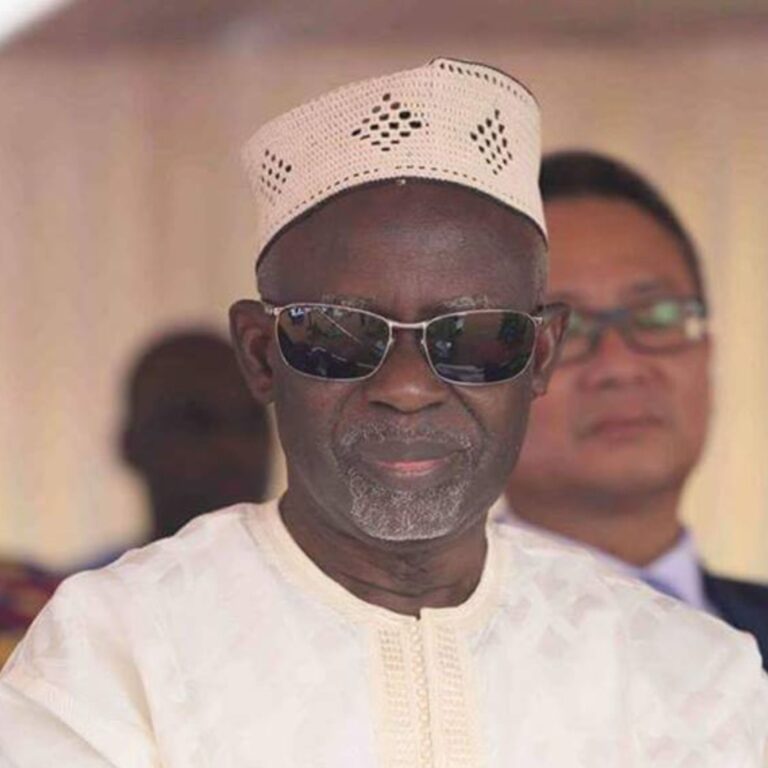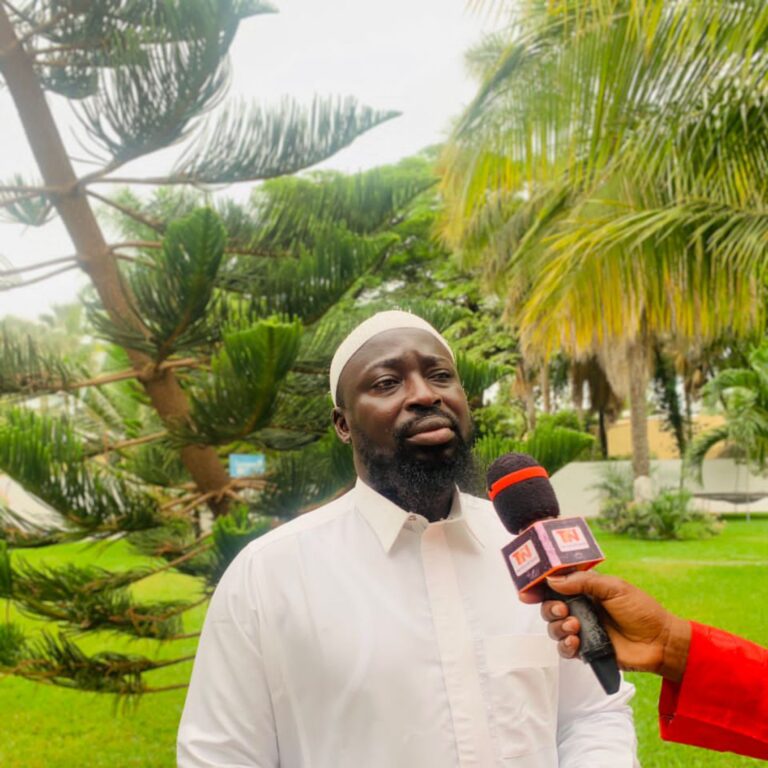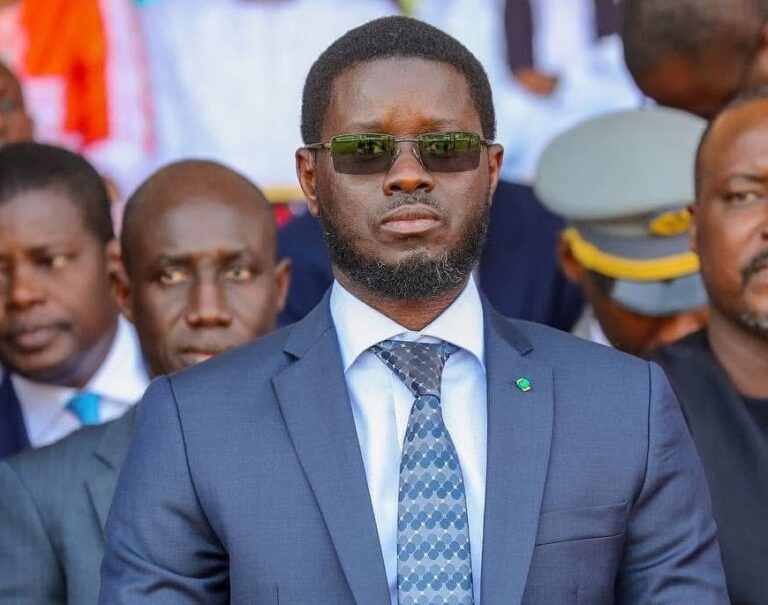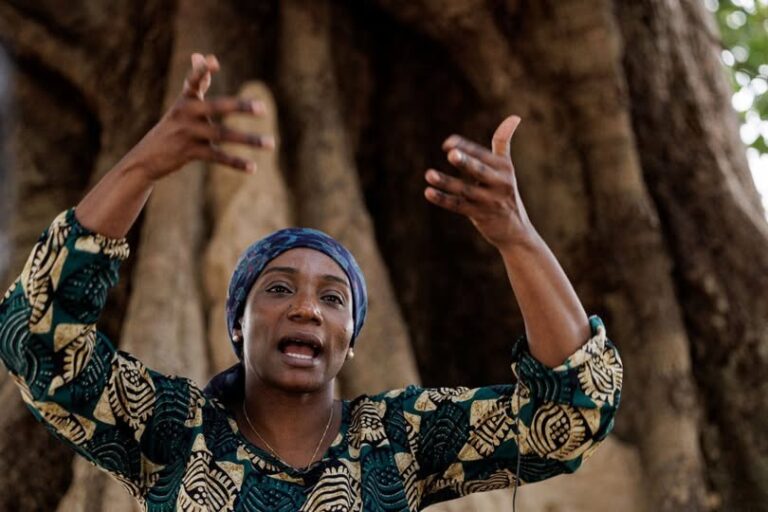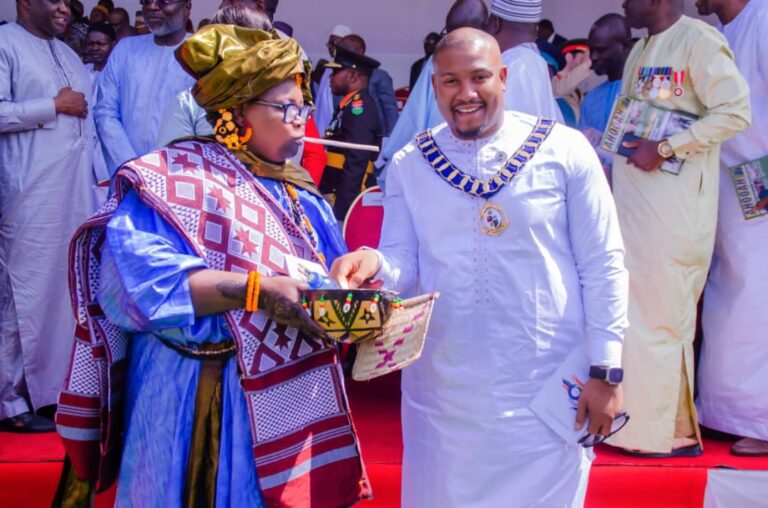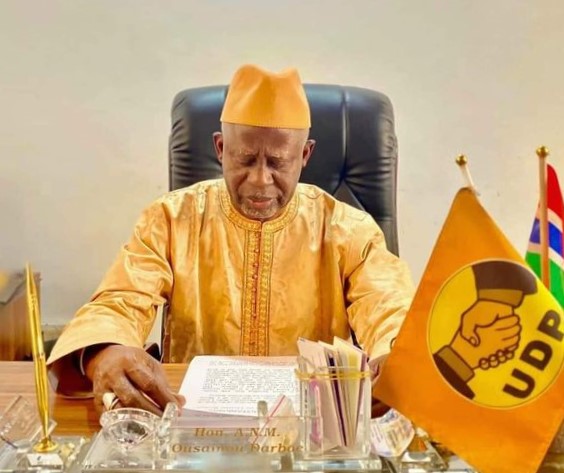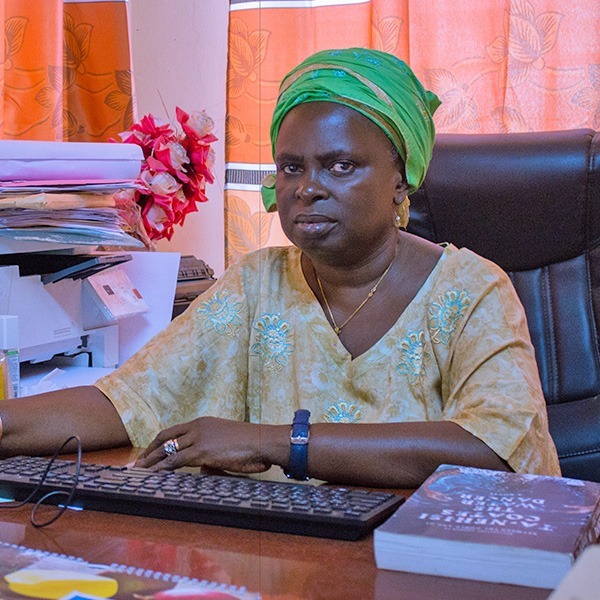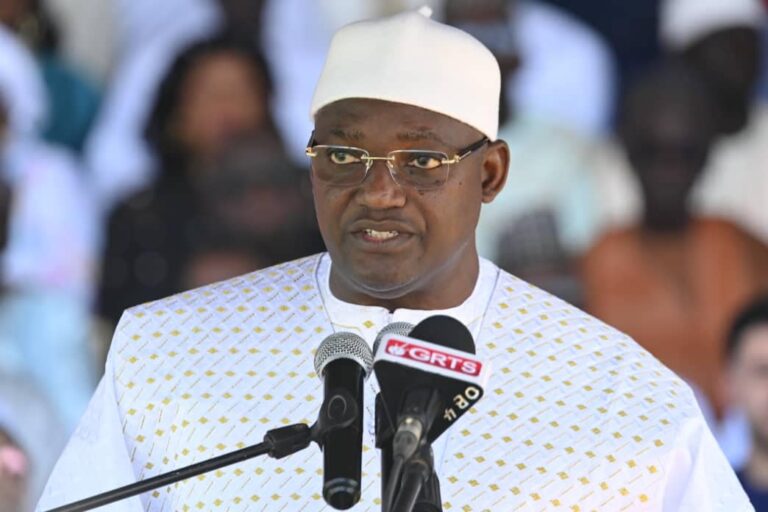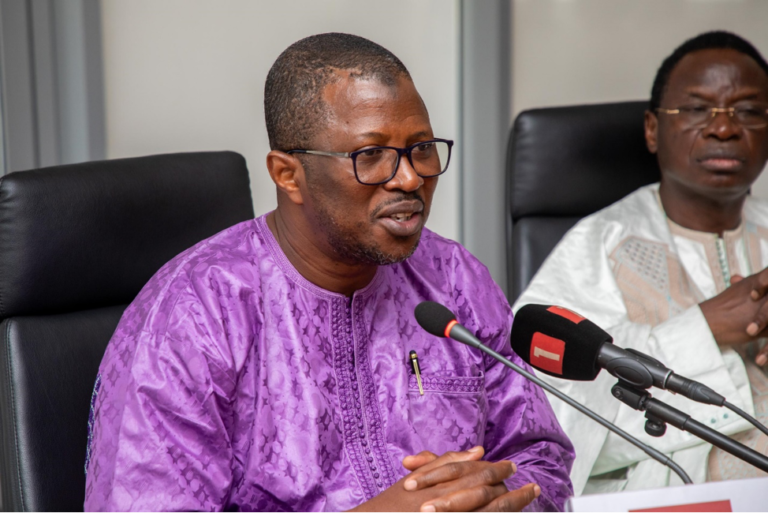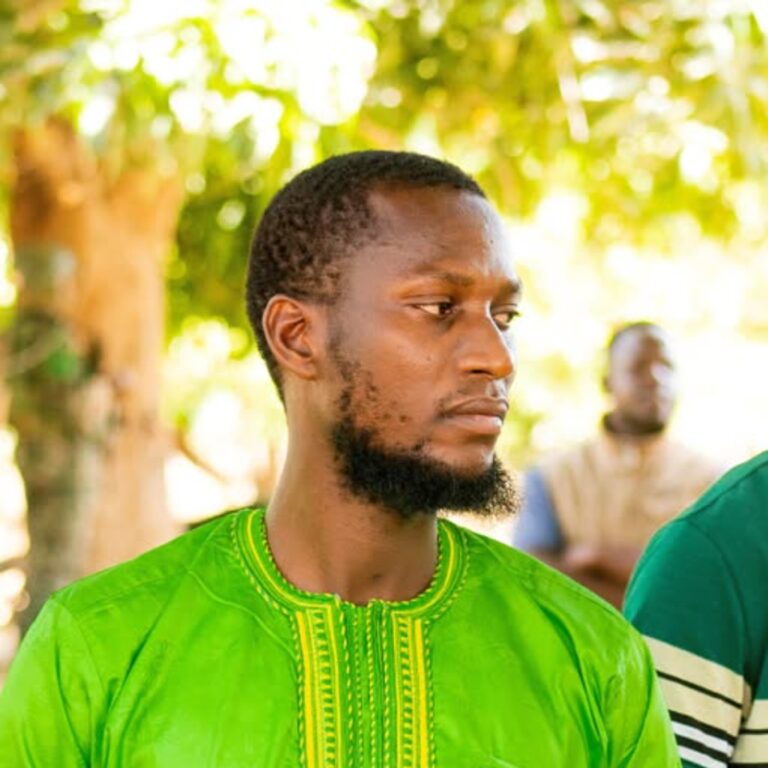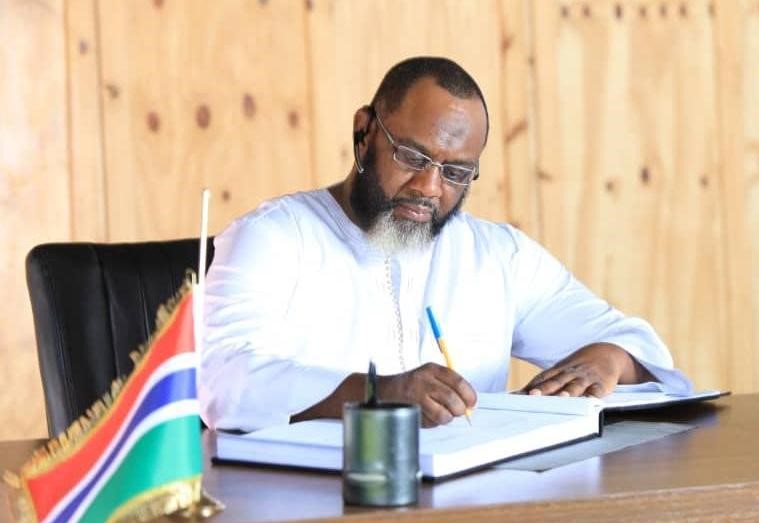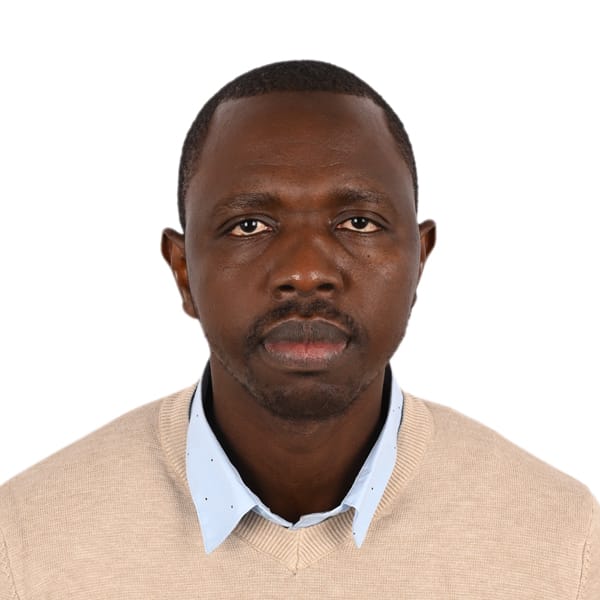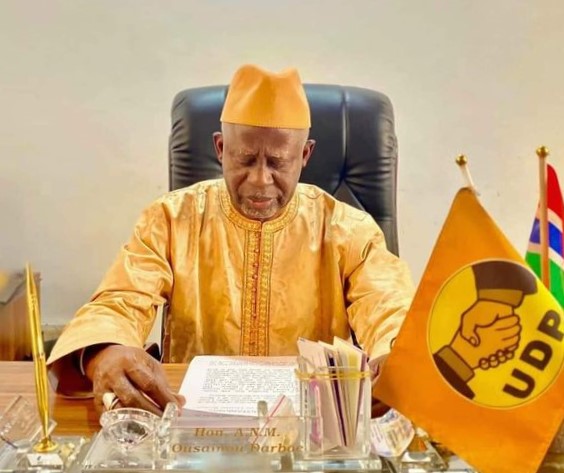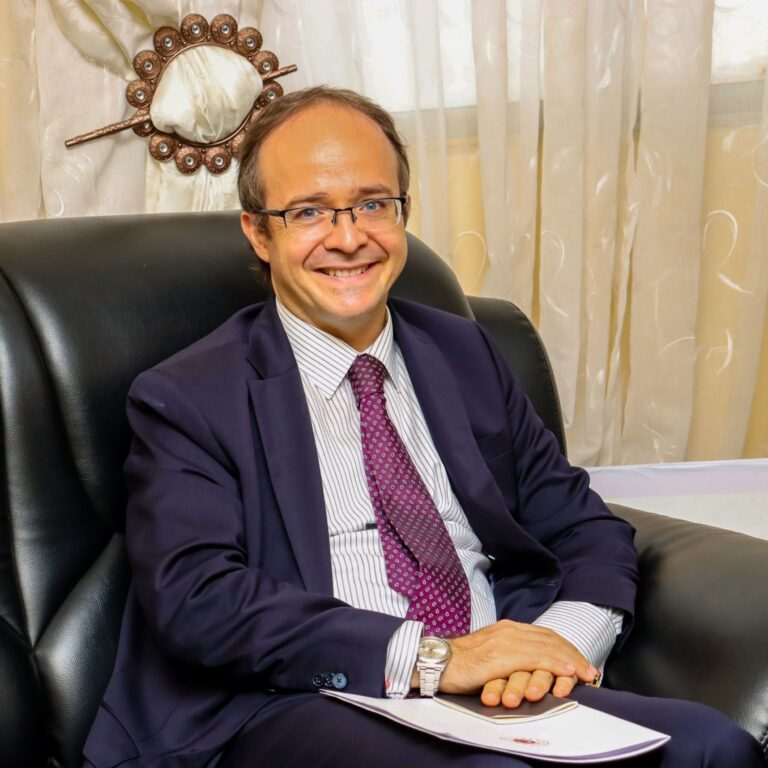BOOK REVIEW
By: Muhammed Lamin Drammeh
Throughout my four transformative years as an undergraduate at the University of The Gambia, I have had the privilege of meeting, interacting with, and sharing works with many brilliant young writers whose creativity shines brightly. Among them stands Lamin Jallow, a literary talent whose unique approach to writing truly sets him apart in a sea of budding authors. His remarkable proficiency to weave the intricate tapestry of human experience into poetry is nothing short of phenomenal. Jallow is preparing to launch his captivating book, “Between Grief and Grace,” on the 22nd of this month. This compelling collection comprises 38 meticulously crafted poems that take readers on a poignant expedition through the unpredictable ebbs and flows of life. The collection delves into the grinds of living without a beloved parent, the intertwining of fate, and the moments when dreams are contested and tested.
With each word, Jallow crafts a poignant narrative that resonates with the complexities of the human spirit, making his work an essential exploration for anyone seeking to understand the delicate balance between sorrow and resilience.
As a graduate in political science, Jallow not only shares his personal chronology but also invites readers to reminisce on the wisdom of our political systems in the country.
Lamin Jallow is a young Gambian writer with a solid foundation in political science. He completed his secondary education at Kabafita Upper and Senior Secondary School with distinction. His academic excellence and leadership qualities led him to earn a bachelor’s degree in political science from the University of The Gambia in 2024. Throughout his university years, he actively engaged in campus affairs as a student leader, advocating for students’ interests.
His poetry is a profound reflection of matters of the heart, personal ventures, societal observations, and political commentary, among other themes.
Among his well-crafted poems, I would like to highlight a few.
In the poem “If Not For Circumstances,” Lamin takes the reader back to his childhood dreams, reminiscing his aspiration to become a soldier during his days staying in the army camp. However, he confronts unfortunate circumstances that extinguish this dream. Through his verses, he articulates how he once believed that education was the only barrier to achieving his aspirations, revealing the complexities of ambition and reality.
“For nature has killed my dream,
Put me in a different shape “
“In which I can no longer squat,
Run, or salute my superior,
Nor can I bang in a drill,
If not for circumstances,
I would have been a soldier”
Lamin Jallow’s exploration of his childhood dreams in “If Not For Circumstances” is truly captivating. He uses his poetry to convey the emotional weight of unfulfilled aspirations, illustrating how certain factors can shape our courses in unexpected ways. The reflection on his desire to become a soldier juxtaposed with the actualities of life creates a poignant narrative that echoes with many who have faced similar challenges. His proficiency to articulate these experiences not only showcases his literary talent but also invites readers to reflect on their own journeys and the obstacles they may encounter along the way.
In “After You Left,” Lamin showcases his poetic prowess by addressing his father, whom he calls Ous. The poem serves as a heartfelt letter that reflects on the profound impact of his father’s absence over the past twelve years. He shares the struggles he and his siblings faced after their father’s passing, illustrating how that loss shaped their lives.
He recounts his own challenges, particularly the multiple surgeries that thwarted his dreams of becoming a soldier, a theme he touched upon in an earlier poem.
Despite these hardships, Lamin emphasizes his resilience and ability to triumph over the difficulties that have transformed him.
This poem powerfully encapsulates the blend of grief and growth, making it a poignant tribute to his father’s memory.
“I was broke and broken, but I refused to steal
To smoke or drink, even when lures would appeal
From the streets, the stress, the pains you painted,
I resisted the temptation, and remained untainted.”
Lamin’s information about his siblings, Afo, Muhammed, and Kumba, adds another layer of profoundness to the poem. It’s uplifting to see how they are all striving for greatness in their respective careers, showcasing the family’s resilience despite their father’s absence.
The message of determination and the importance of education is powerful. Lamin’s choice to pursue his studies and graduate with distinction, rather than succumbing to the pressures of hustling, serves as a testament to his character and commitment to making his father proud. “After You Left” frankly underlines the resilience of the human spirit in the face of adversity.
“Now I step onto the colorful stages,
With accolades in different phases.”
In “Three Surgeries and a Promise,” Lamin takes the reader on an emotional journey, vividly portraying his battles with pain and recovery. The mention of Dr. Jones as a skilled surgeon who helped him regain his ability to walk symbolizes hope and resilience in the face of adversity. His description of over two years spent in “cloudy darkness” effectively conveys the depth of his suffering and the challenges he faced during his recovery.
In the poem “Dear Statesman,” Lamin shifts his focus to the political landscape of his country, The Gambia, preaching to the president directly. In reminding him of his initial assurances, he underscores the ongoing struggles of the youth and the critical issues surrounding inadequate health facilities. This poem serves as a reminder of the responsibilities leaders have towards their citizens and raises questions about trust and accountability in governance.
“Our country is sick and hungry from all angle,
In the face of these hungry-looking uncles,
Who feasts from our blood and treat it like a jungle,
How can we again trust you and a soul from your home?”
“Mourning the Heroes” is a poem in the anthology that calls attention to the increase in the number of young Gambians undertaking the perilous journey to Europe in hopes of changing their situations at home.
Lamin pays tribute to those who undertook the journey but could not return, referring to them as “heroes.” The poem is a reflection of the current “backway” crisis in the country, which has left many families mourning the loss of their loved ones.
While I cannot capture all 38 poems in the book, Lamin Jallow’s “Between Grief and Grace” is a poignant and didactic work. It teaches readers about the vagaries of life and the possibility of achieving greatness despite setbacks, much like the author’s own journey.
I recommend this book to every young Gambian and non-Gambian alike for inspiration. Lamin will launch the book on Saturday, February 22, and it is affordably priced for such a meaningful read!

